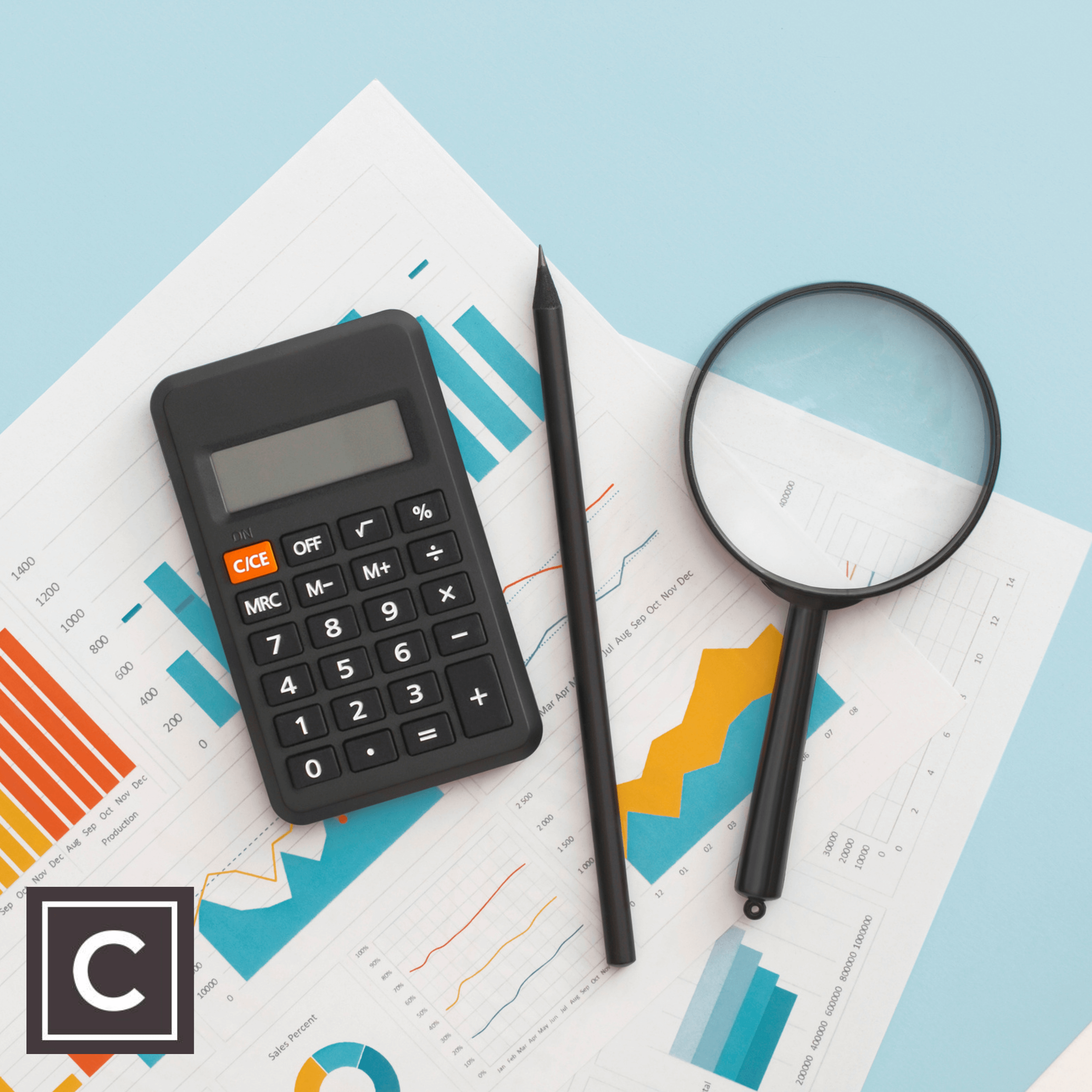Understanding Essential Accounting Terms For Your Business
Posted by Stelios on 8th Aug 2023
As a business owner, you shouldn't rely solely on your accountant for financial insights. Even though diving into accounting terms might seem low on your priorities, understanding the basics can be a game-changer for your venture.

Here’s a clear and straightforward rundown of key accounting terms that every business owner should be familiar with:
Cash Flow
This represents a real-time snapshot of cash moving in and out of your business. It encompasses all cash obtained and spent on operations, investments, and financing. Monitoring your cash flow is vital to making timely purchases. Regularly checking monthly and annual cash flow statements helps identify trends and anticipate potential financial challenges. Even if you’re making profits, running out of cash can be detrimental – it's a major reason many businesses fail.
Cash-Flow Forecast
By analysing previous cash-flow statements and projecting future income and expenses, you can estimate upcoming cash movement. This forecast assists in making informed decisions, such as when to invest, settle debts, or draw a salary. It’s wise to make these forecasts annually, or even more frequently if finances are tight.
Marginal Costs
This is the extra cost associated with producing one additional unit of your product. Calculate it by dividing the total production cost by the number of items you produce and make comparisons. Understanding marginal costs can guide decisions on production scales. However, remember that while scaling up may reduce costs per item, it can also bring new costs like hiring or equipment investments.
Income Sheet
This document outlines the net profit your business earns over a certain period, derived from the total revenue minus expenses. It's a key indicator of your business's performance and profitability.
Financial Statement
Think of this as your business's financial diary. It compiles reports of every financial transaction made, encompassing the balance sheet, profit and loss (or income) statement, and cash-flow statements. It offers a comprehensive view of your business’s financial health.

Gross & Net Profit
Gross Profit - This is what you earn after deducting the direct costs of making your product. If, for example, you prepare a meal costing £2 and sell it for £6, your gross profit is £4.
Net Profit - This represents what's left after all expenses, such as salaries, rent, and utilities, are paid. It's crucial to distinguish between gross and net profit to set the right product prices and genuinely grasp your business’s profitability.
In conclusion, these accounting terms are more than just jargon for specialists. They provide insights into profitability, guide informed decisions, and can be instrumental in steering your business away from potential pitfalls.

